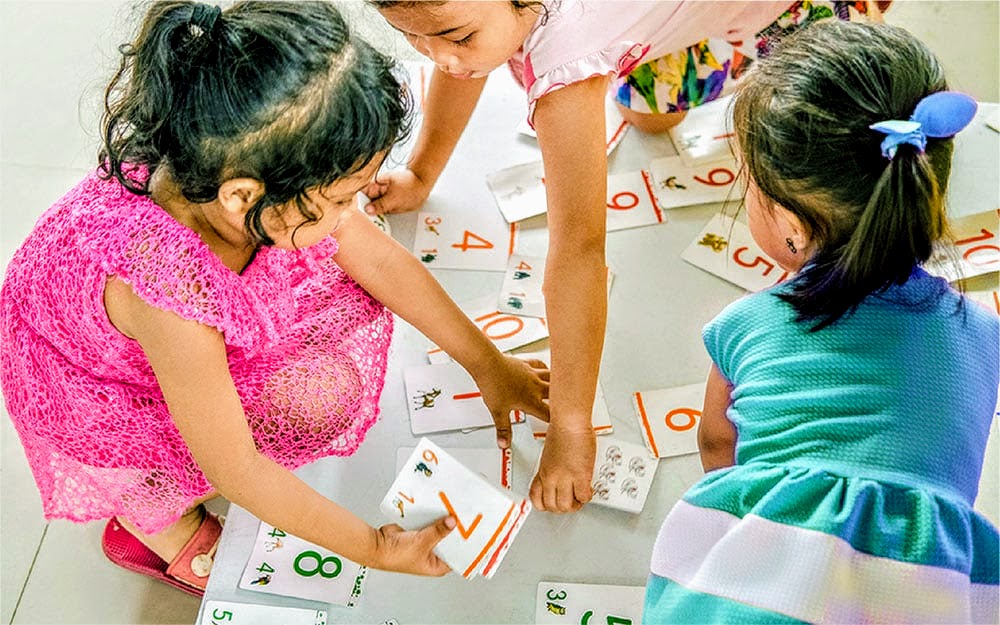A key principle of fairness is the capacity to share resources impartially with other people. Previous research has revealed that fair sharing ability is typically acquired between the ages of four and six. However, researchers at Harvard University, Boston College, and the University of California, Irvine, wanted to know more about the building process during which these skills develop and examined the relation between sharing behavior and number knowledge, working memory, and cognitive control in young children.
According to the study published in Child Development, symbolic counting skills were the most significant predictor of kids' fair sharing, while teaching them to count also improved the said behavior. The results showed strong evidence that fair sharing is linked to counting skills. Moreover, for young students who still had not mastered the basics of counting, some measures — such as encouraging them to count using animal cards — improved their predisposition for sharing behavior (particularly among older kids).
So it seems that counting and sharing skills are strongly related and that fundamental numeracy learning can lead to better performance on both sharing and number tasks. However, as Sara Cordes, a psychology professor at Boston College, said: "Children's behavior should not be evaluated with what we think they 'ought' to be doing, but with respect to their developmental stage and a full understanding of their current cognitive abilities and how they relate to social skills."

Picture: Kids playing MATHnimals (Arcanys Early Learning Foundation)



